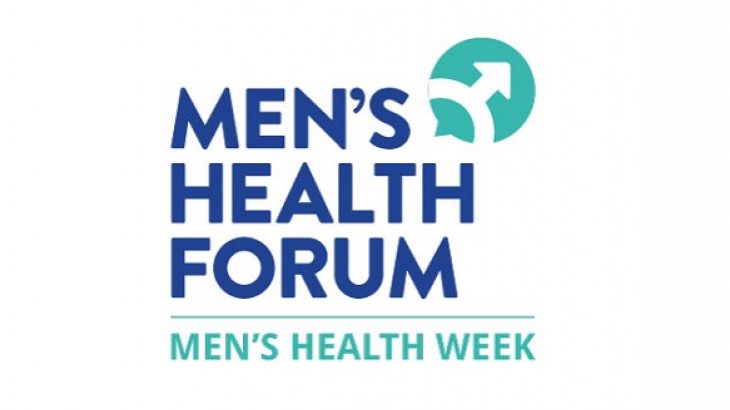Men’s Health Week

This week is Men’s Health Week, an annual programme that focuses on key areas of health, which affect men in particular.
An important pillar of Men’s Health Week is to raise awareness of preventable health issues and encourage male colleagues to have the courage to seek professional advice for health-related problems.
Today we focus on prostate cancer – the most common cancer in men.
- More than 47,000 men are diagnosed with prostate cancer every year – that’s 129 men every day
- One man dies from prostate cancer every 45 minutes – that’s more than 11,000 men every year
- 1 in 8 men in the UK will get prostate cancer at some point in their lives
- More than 330,000 men are currently living with the disease in the UK.
Only men have a prostate gland. The prostate is usually the size and shape of a walnut and grows larger as you get older. It sits underneath the bladder and surrounds the urethra.
The causes of prostate cancer are largely unknown. However, certain things can increase your risk of developing the condition.
- The chances of developing prostate cancer increase as you get older. Most cases develop in men aged 50 or older
- For reasons not yet understood, prostate cancer is more common in men of African-Caribbean or African descent, and less common in men of Asian descent
- Men who have first degree male relatives (such as a father or brother) affected by prostate cancer are also at slightly increased risk.
Symptoms can include:
- Needing to urinate more frequently, often during the night
- Feeling that your bladder has not emptied fully.
If you are showing symptoms or are concerned, please visit your GP or speak to a healthcare professional.
Guidance to reduce the risk of prostate cancer includes:
- Choose a low-fat diet. Foods that contain fats include meats, nuts, oils and dairy products, such as milk and cheese
- Increase the amount of fruit and vegetables you eat every day. Fruit and vegetables are full of vitamins and nutrients that are thought to reduce the risk of prostate cancer
- Eat more fish. Fatty fish, such as salmon, tuna and herring, contain omega-3 fatty acids, a type of fatty acid that has been linked to a reduced risk of prostate cancer
- Maintain a healthy weight. Men who are obese, with a body mass index (BMI) of 30 or higher. may have an increased risk of prostate cancer
- Exercise more. Studies of exercise and prostate cancer risk have mostly shown that men who exercise may have a reduced risk of prostate cancer.
Visit www.prostatecanceruk.org or www.nhs.uk for further information.
Further support is available from First Class Support: www.rmgfirstclasssupport.co.uk or 0345 266 5060, where you can obtain free and confidential colleague assistance, manager coaching and self-serve access to counselling for employees.
The Feeling First Class wellbeing website can be found at: www.feelingfirstclass.co.uk (use code FFC1 to register).



